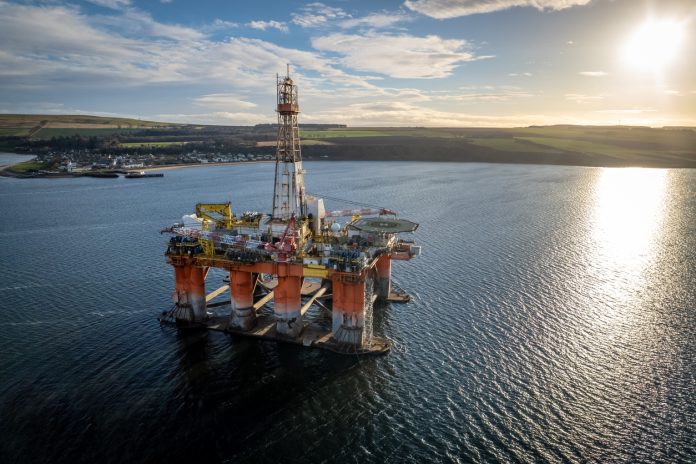Oil giant Equinor has resubmitted its application for the massive Rosebank oil field, forcing the UK government to make an imminent, defining decision.
This move triggers a crucial 30-day public consultation, becoming the final battleground for the UK’s largest undeveloped oil reserve, with climate activists mobilising to demand it be rejected
The UK government is on the verge of making a momentous decision regarding the controversial Rosebank oil field, after operator Equinor resubmitted a new application for the massive North Sea development.
The move reignites a fierce national debate, pitting climate commitments against arguments for energy security and economic gain, with campaigners mobilising the public during a critical 30-day consultation period.
Rosebank, the largest undeveloped oil field in the UK, has been a flashpoint for environmental groups, who successfully challenged the previous government’s approval, forcing Equinor to reapply. The field is estimated to hold nearly 500 million barrels of oil and gas, which, if burned, would release more carbon dioxide than the combined annual emissions of the world’s 28 lowest-income countries.
Public consultation and a political test
The resubmission of the application, which is now expected to include an assessment of ‘Scope 3’ emissions (emissions from the eventual burning of the oil), triggers a final public consultation. During this time, the government is gathering public opinion before making a new decision to either scrap or greenlight the project.
For campaigners, the decision is a pivotal moment that will define the government’s climate legacy. Groups like Stop Rosebank are urging the public to flood the consultation with messages demanding the project be halted, arguing that approving the field is incompatible with the UK’s legally binding climate goals and a liveable future. The window for public input offers a direct avenue for citizens to influence the outcome.
A ‘Bad Deal’ for the UK public
Central to the opposition’s argument is the claim that Rosebank is a poor economic and environmental choice for the UK. Campaigners highlight that approximately 90% of the fuel extracted is oil, which is expected to be sold on the global market, meaning it will do little to lower domestic energy bills or significantly boost UK energy security.
Furthermore, critics point to generous tax breaks for the developers, Norwegian state-owned Equinor and partner Ithaca Energy. The campaign states that, due to the tax system, the UK public would shoulder over 80% of the project’s development costs, transferring billions to the oil giants, who are already recording massive profits.
Public Treasury vs. Private Profits: The Economic Flaw in the Rosebank Deal
The new analysis by WWF Norway exposes a stark economic imbalance: the UK government is projected to face a net loss of over £250 million from the Rosebank project, while its primary owners, Equinor and Ithaca Energy, stand to gain £1.5 billion in profit under a base-case $70/barrel oil price scenario.
This public loss is a direct result of the UK’s complex system of generous tax breaks and investment allowances, which effectively mean UK taxpayers would shoulder nearly all of the development costs. Crucially, as Equinor is majority-owned by the Norwegian state, this arrangement means UK public funds are primarily supporting the massive profits of a foreign, state-backed oil corporation, despite the field’s oil—90% of its reserves—being earmarked for export rather than enhancing UK energy security or lowering domestic bills.
Environmental and ethical concerns
Beyond the climate impact, the project faces scrutiny over its local environmental effects and ethical considerations. The field sits close to a protected marine area, with drilling and construction posing a threat to endangered species like dolphins and whales, as well as an ancient seabed.
Ethical concerns have also been raised regarding Ithaca Energy’s majority owner, the Delek Group, which has been linked to operations in illegal Israeli settlements in Occupied Palestinian Territory. Critics argue that profits from the North Sea could flow towards a company implicated in human rights abuses.
With the decision now imminent, the coming weeks represent the final battleground for one of the UK’s most consequential fossil fuel projects. Climate advocates are calling on the public to make their voices heard, in an effort to finally put an end to the Rosebank development.











